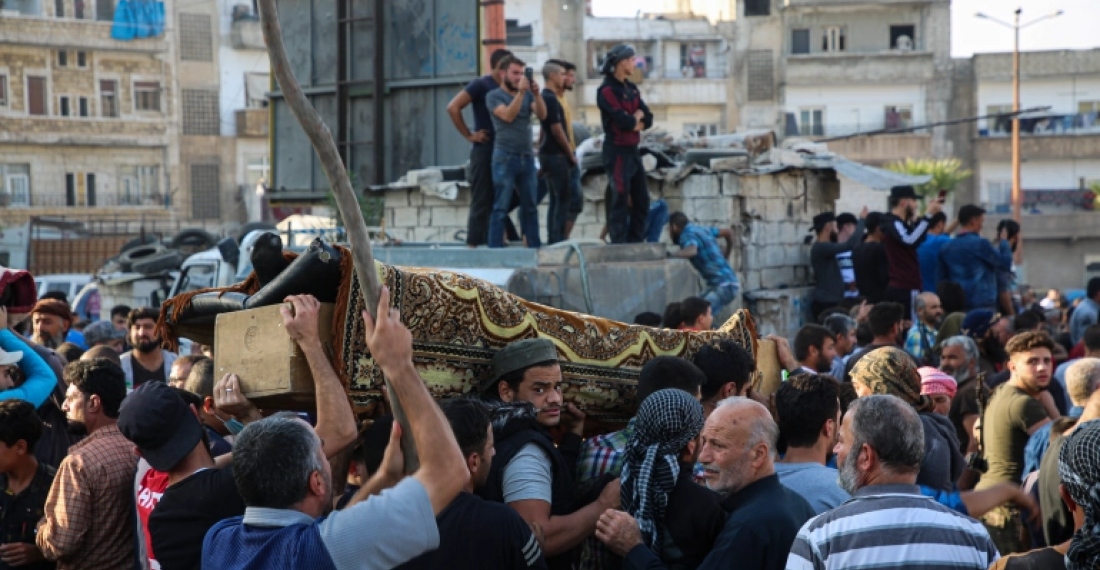Russia and Turkey are two countries involved in many conflicts. In Nagorno Karabakh, they are, at least diplomatically, also present. According to Al Jazeera, it is rare that they clash despite being on opposite sides. However, the scenario changed in Syria on 26 of October when Russian airstrikes in a training camp killed dozens of militia fighters known to be backed by Turkey in the province of Idlib.
Several observers say that the attack on the Jabal al-Dawila area, a military training camp for "Filaq al-Sham", one of the armed groups assumed to be backed by Turkey, sends a clear message to Ankara.
Charles Lister, a senior fellow at Middle East Institue in Washington says the attack “wasn’t a Russian attack on the Syrian opposition as much as it was a direct hit against – and message to – Turkey”
The situation in Syria has been calm recently. Earlier this year, the two sides established a ceasefire in Idlib with Russian and Turkish considerations to stop the Syrian army's offensive. The airstrike could reflect some tension between Russia and Turkey, most notably over the situation in the South Caucasus.
Moscow, which has traditionally been closer to Armenia, has expressed concern over reports that Syrian mercenaries have been deployed alongside Azerbaijani forces to fight in the region.
Dareen Khalifa, a senior Syria analyst with the International Crisis Group, notes that Moscow might continue pressuring Ankara for various reasons through attacking militia groups in Syria.
On his turn, Erdogan responded saying "Russia's attack on the training center of the Syrian National Army forces in the Idlib region shows it does not want lasting peace in the region,"
The uncertainty is on the mind of both Turkish and Russian decisionmakers as both counties have high stakes in both Syria and Nagorno Karabakh.







